
Unequal Cities
Overcoming Anti-Urban Bias to Reduce Inequality in the United States
Recommendation
America’s cities present a paradox, economist Richard McGahey reports in this timely look at US inequality. While a handful of major metropolitan areas are responsible for much of the nation’s economic activity, the priorities of the cities themselves are often at odds with their surrounding suburbs, not to mention distant state and federal authorities. McGahey explains how an anti-urban bias impedes attempts to promote economic equity through, for example, investments in mass transit and higher minimum wages. While the bright lights of America’s big cities remain dazzling, the shadows hide daunting social problems.
Summary
About the Author
Richard McGahey is an economist and a senior fellow at the Schwartz Center for Economic Policy Analysis and at the Institute on Race, Power and Political Economy, both within the New School.









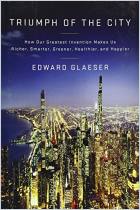
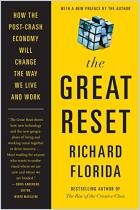
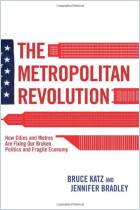
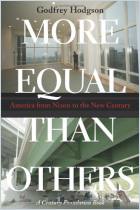
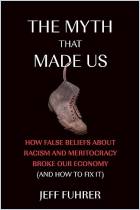
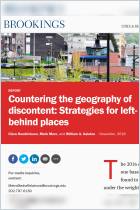



Comment on this summary or 开始讨论